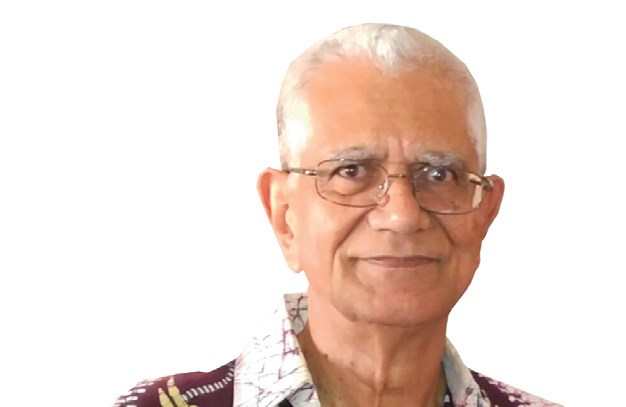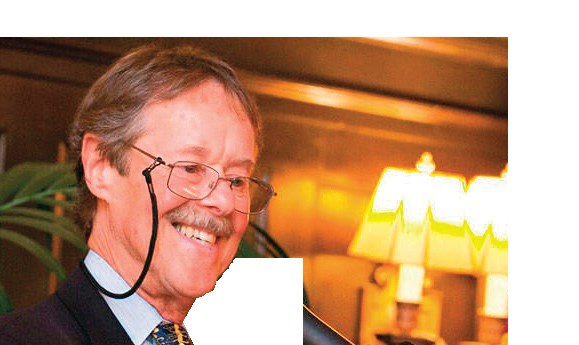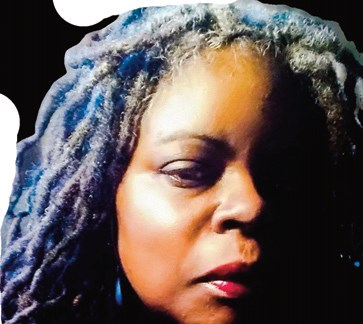Every year, millions of Muslims take a pilgrimage to Mecca to participate in a spiritual exercise known as the hajj. As one of the Five Pillars of Islam, all Muslims are expected to make the pilgrimage at least once in their life, if they can afford it.
I have had a number of friends who have made this journey.
One of those friends was my sister in journalism and mentor Hajiya Bilkisu Yusuf.
It was only recently that I found out that she was one of the 1,480 Muslims killed in a horrific stampede on Sept. 24, the first day of Eid al-Adha (“Feast of the Sacrifice”), which brings an end to the hajj. Each year more than 2 million pilgrims from 180 countries participate in the hajj, which occurs in Mina, Mecca.
Bilkisu served on the board of directors of the Vienna, Austria-based International Press Institute (IPI) when I first joined the organization in 2009 as its deputy director. The first time I walked into an IPI board meeting I noticed her immediately – not hard to do as one of two black people out of 28. She was a site to see in her regal jilbab.
I admired her as a woman, an activist, a journalist and a friend.
She was kind and gentle. She was also wise, and I loved how she called me “sister” and how, when I was visiting her and other colleagues in Nigeria, she held my hand – not physically, but in some kind of spiritual way. I felt as though she was in my corner. She understood me; a Christian among Muslims, she taught me.
She is one of the women who have contributed greatly to my life – even if we only knew each other for six years. You know the saying: People come into your life for a reason, a season or a lifetime. Our season was meaningful.
Bilkisu, a Nigerian, was an editor ten-times over. She edited the Sunday Triumph Kano, the New Nigerian Kaduna and Citizen Magazine Kaduna. She was also a columnist for Leadership newspaper and the Daily Trust, a newspaper published by another dear friend, Kabiru Yusuf, a relative of Bilkisu.
Bilkisu was a pillar of her community and was well-respected internationally. She was a founding member of Women in Nigeria and the Federation of Muslim Women’s Associations in Nigeria (FOMWAN). She was also executive director of AdvocacyNigeria. Her biography notes that she also was “a consultant and trainer in media, gender and conflict management and peace building” and served on the board of directors of FOMWAN, the Nigerian Interfaith Action Association against Malaria, Health Reform Foundation of Nigeria, ABANTU for Development and Vision Trust Foundation.
In spite of all of these accomplishments, I think the greatest was her ability to make people feel at ease and to show her extreme commitment to progress for women and for her nation.
Nigeria has lost a queen among its flock.
Last week I sent a note of condolence to my friend Kabiru. His response was short and matter-of-fact: “How are you Alison? Religion teaches us to live with the unalterable; may God accept her.”
I know he is right, but it made me cry. It made me cry because I didn’t have a chance to see her one last time, to thank her again for her kindness and support.
Too often we find ourselves in this position, wishing we had said more, done more, made one more phone call. And then it’s too late.
It seems that every month in the past year I am being taught the lesson of friendship, and being made to recognize that people should have their flowers now. That if I love and appreciate someone; if I admire and respect them, I should not be shy in telling them, and in telling them often.
We don’t get do-overs. We need not put off tomorrow what we should do today.
So, today I am adding my voice to the thousands who have praised our friend Bilkisu and who have offered our love and hope to her family and friends. She will be missed.
Alison Bethel McKenzie alibethel@aol.com is a veteran newspaper editor and former executive director of the International Press Institute in Vienna, Austria.













No Comment